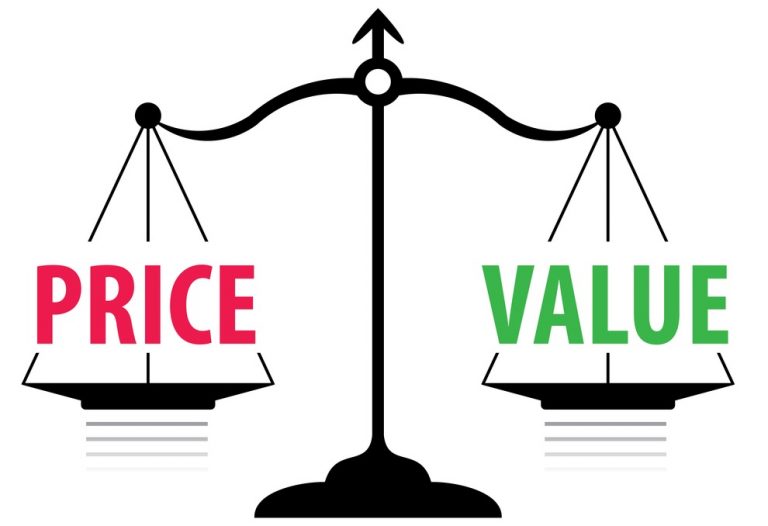
Trading equities with contracts for difference is perhaps the clearest example of a trading situation where CFDs have an obvious upper hand. That upper hand comes both in the form of leverage, which enables the trader to gain proportionately more from the same position for the same level of deposit, and in the form of a more favourable tax treatment, which can save a considerable amount on the costs of banking a profit. But how exactly do CFDs interrelate with equities, and how does the process of CFD equities trading work?
Equities are essentially stocks and corporate instruments that relate to particular companies. Most commonly, tradable equities are listed on the FTSE100 or its sister exchanges, and are open for public trading throughout the trading day. These tend to take the form of ordinary shares, although it is not uncommon for publicly traded companies to offer preference shares and debentures on the same exchanges.
The core advantage of trading equities through CFDs, as mentioned above, is the ability to leverage your positions.
Equities trading tends to take place on a pound-for-pound basis, meaning any gains in the underlying price of the asset are reflected in the profits obtained by the trader. Essentially, this means a 5% increase in stock price will result in a 5% increase in the value of your trading portfolio.
Trading the exact same positions with CFDs can ramp up these earnings by many multiples, without the need to spend any more heavily on the position. This means you’re staking less, pound-for-pound, to reap the rewards of more, and provided markets continue to move in your favour the advantages of this inbuilt leverage can be significant gains over a shorter period of time.
But margined trading also has another ancillary benefit, freeing up capital that would otherwise be tied up in an equities position to open other trading positions. Rather than having to invest $10,000 to secure a $10,000 valued position, a trader might only need to pay $500, leaving the remaining $9,500 free for further investment. This means traders can effectively maximise the efficiency of their trading capital, earning more money per pound invested than what would otherwise be the case.
Further Benefits of Trading Shares Through CFDs
Furthermore, when trading equities through CFDs, traders are not liable for stamp duty in the UK, which is in fact charged on shares dispositions where applicable. Particularly for larger trades, this can amount to a significant saving, leaving the trader with a higher proportion of profit from each successful trade.
Perhaps the central point of trading equities through CFDs is the ability to benefit from price speculation without the responsibilities of share ownership. The format of CFDs means traders can benefit from dividend declaration and other corporate actions without the need to actually invest in the underlying company, circumventing the issues with share ownership while giving the trader the pecuniary advantages of being invested.
Trading equities through CFDs is a popular alternative to straightforward stock investing, and provides a myriad of advantages. Of course, the risks associated with such leveraged trading are an ever-present reality, and at no point should be ignored, but the potential gains to be had and the more favourable regulatory treatment of CFDs makes them a popular trading format amongst private investors.






